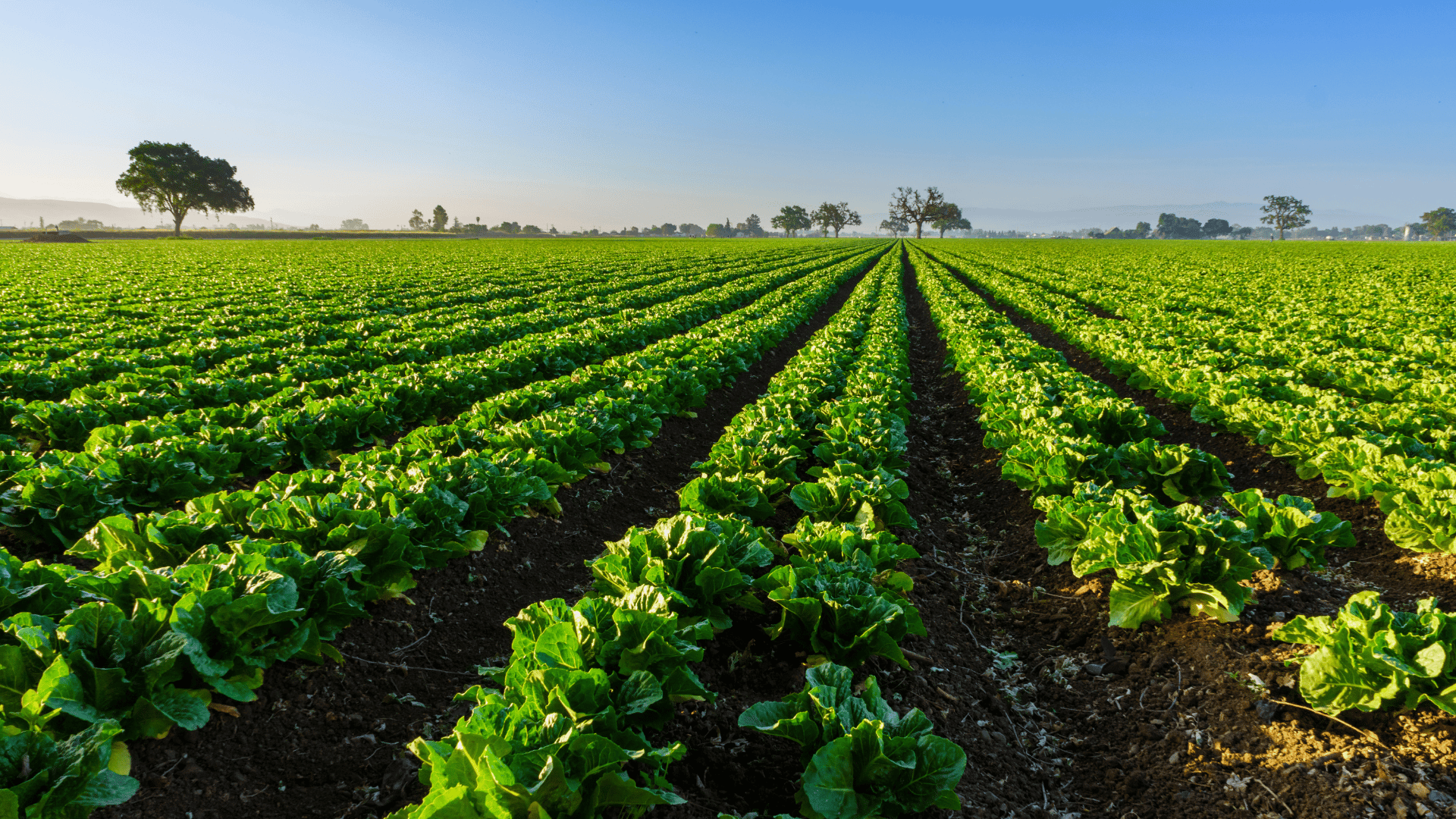
Farming is an occupation for some and a hobby for some. But if farming is a source of income, wherein you own and operate farms intending to make a profit, it is considered a business for tax purposes. As business owners, full-time farmers need to file returns and pay taxes. The government of Canada supports all major businesses with operational risks. It offers various tax breaks and risk management programs for farmers like AgriStability, AgriInvest, AgriInsurance and AgriRecovery. This article will discuss some tax benefits farmers can claim and minimize their tax liability.
Tax benefits for farmers
The Canada Revenue Agency (CRA) allows business owners to deduct business expenses from income and only tax their profits. As business owners, farmers can deduct several business expenses, depreciation of assets, interest on business loans, loss from business operations, and bad debts. Farmers also get a tax benefit on capital gains. Each of these benefits intends to support farmers through thick and thin as their revenue relies on climate and the quality of produce.
Types of business expense Canadian farmers can deduct from taxable income.
There is a long list of expenses farmers can deduct from their taxable income as long as it is used, directly or indirectly, for farming and not personal use. Some everyday business expenses farmers can deduct include advertising and promotions, packaging, electricity, heating, and the fuel used for agriculture. Business owners can also deduct salaries and benefits paid to employees. Now here is a catch. If you are a sole proprietor, you cannot deduct your salary. But if you have incorporated your farm business, you can pay yourself compensation and deduct it as an expense.
A farmer can also deduct occupation-specific expenses like fertilizers and lime, veterinary fees, medicine and breeding fees and fence repairs. Then a farmer can deduct expenses related to clearing, levelling and draining land.
Certain expenses can be divided between personal and business expenses. For instance, if you use 25% of your home as a workspace, you can show 25% of your maintenance costs, mortgage interest, rent, and property tax as business expenses. On the other hand, if you hire a subcontractor for some work, ensure you collect an invoice. This is because you have to provide the contractor fees that are not counted as employee wages, or you may later have to pay unpaid employment premiums, taxes, penalties, and interest.
While these are direct expenses, there are some indirect expenses that you can deduct from taxable income. For example, you can deduct premiums on commercial insurance for farm buildings, qualifying farm equipment, and motor vehicle. You can also deduct interest on loans and mortgages you took for the farming business. Please note that the principal of loan or mortgage payments is not deductible.
Depreciation expense
A business can claim depreciation on assets above $500 used to generate business income. In the case of the farm business, you can depreciate furniture, farm building, equipment, tractors, and more every year under capital cost allowance (CCA). You can deduct the cost of the asset over some time.
The CRA has set a certain percentage CCA for different types of assets. For instance, tractors, trailers and trucks fall under Class 10 property, for which the CRA allows for 30% CCA. But, again, a tax professional can guide you on using this allowance optimally to reduce tax.
Losses from the farming business
The above expenses are recurring deductions that apply to all businesses. Every business has ups and downs, and some losses are beyond the business owner’s control. Farming is one such business. You can’t control climate, drought, or famine, which can destroy the entire produce. Farming is risky, but someone has to do the job. The government understands this risk and allows farmers to deduct their losses from taxable income.
There is no limit on the amount of loss you can deduct. Moreover, you can carry back the loss for three years or carry forward it for up to 20 years. For instance, Ron suffered a considerable loss of $70,000 as his produce went bad. If his taxable income is only $50,000 this year, he can deduct a $50,000 loss this year and another $20,000 next year. Or he can defer this loss to $5,000 yearly for the next ten years. A tax professional would guide you on the most optimal solution for your situation.
Bad debts of farmers
Similar is the case with bad debts, a loss business owners incur. But for tax purposes, the CRA will allow you to deduct bad debt if you fail to collect owed money from a client within a year. However, not all bad debts are deductible. For instance, bad debts related to a mortgage or a conditional sales agreement do not qualify for a tax deduction.
Taxes are complicated and differ from province to province. You need a complete receipt or invoice if you want to claim the above tax deductions. The CRA won’t consider an incomplete receipt as documentary proof. Take the help of a tax expert to avail of the tax deductions and avoid hefty penalties and interest in future.
Contact Ford Keast LLP in London for Experienced Advice on Running Your Family Farm
Whether you are new to farming or have been a part of a family farm for generations, a skilled accounting and tax professional can help you find growth opportunities for your farming business. At Ford Keast LLP, our financial advisors provide services to support your team. To learn more about how Ford Keast LLP can provide you with the best accounting and accounting expertise, contact us online or by telephone at 519-679-9330.



